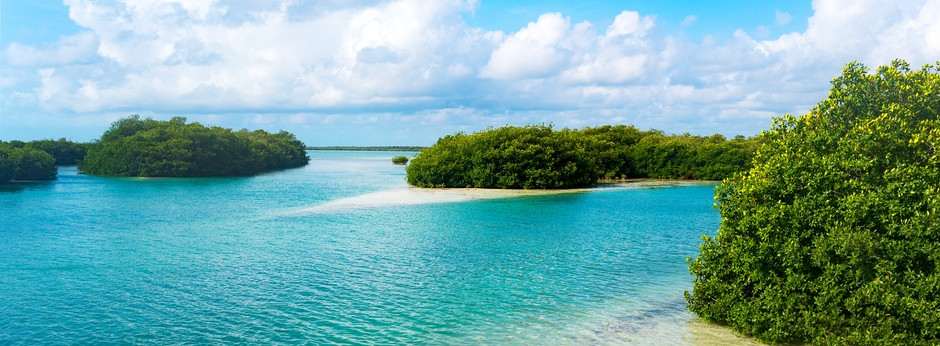Today, November 3rd, 2022 is the first International Day for Biosphere Reserves. An event showcasing the contribution of the biosphere reserves to sustainable development will be organized at UNESCO Headquarters in collaboration with all the regions of the World Network of Biosphere Reserves.

This is hoped to mark the end of the two years celebration of the 50th anniversary of Man and the Biosphere (MAB) Programme. The Man and the Biosphere (MAB) Programme launched in 1971, is UNESCO’s oldest intergovernmental scientific program and it is celebrating its 50th anniversary in 2021. From now on, November 3rd of each year will be known as International Day for Biosphere Reserves.
The MAB Programme and the biosphere reserve model have, over the past 50 years, become an international example of sustainable territorial development and highlight UNESCO’s and the MAB’s commitment to the global biodiversity agenda and the Sustainable Development Goals.
Encompassing all types of ecosystems and sometimes urban areas, the World Network of Biosphere Reserves has a global presence, comprising 714 sites, 21 of which are transboundary sites (three in Africa, 12 in Europe and North America, three in Latin America, and the Caribbean, and two intercontinental sites), in 129 countries. More than 260 million people have their homes in a biosphere reserve. Altogether, these sites protect about 5% of the earth’s surface, or more than 7 million km2, an expanse roughly equal to the size of Australia. Every year, an increasing number of sites join the WNBR, and more and more countries will ultimately pursue the objectives and goals of the MAB Programme.
The purpose of International Day for Biosphere Reserve is to provide, on an annual basis,
a wake-up call to the world’s population on the sustainable development approach to modern life and the leading and exemplary role that the World Network of Biosphere Reserves can play in this regard.
The International Day for Biosphere Reserve will inspire national and regional leaders and decision-makers to act on the importance of reinforcing care for the environment and of resolutely supporting actions, practices, and systems of production and consumption that balance human activities with the conservation of natural resources, thus contributing to meeting global challenges and climate, health and environmental objectives that are the subject of numerous policies and agreements at all levels (global, international, national and local).
The International Day for Biosphere Reserve will highlight the fact that social awareness about the environment is more necessary than ever to address the urgent conservation needs of the planet and its resources. It will also provide an opportunity to demonstrate the importance of respecting an environment that has been preserved over millennia.
The International Day for Biosphere Reserves will encourage society to understand the importance of sustainability in achieving well-being and will encourage young people to see it as an effective way of life for creative problem-solving and developing practical solutions to the many problems facing the world. It will also recognize the role of rural people and sustainable traditional practices in conserving natural resources, maintaining the landscape, reducing emissions, and increasing the absorption of CO2 to reach the 2050 climate neutrality objective set by the European Green Deal.
The International Day for Biosphere Reserves will raise awareness of participation in the
provision of ecosystem services and the benefits they bring to society that reach beyond the boundaries of the biosphere reserves.
Source: UNESC